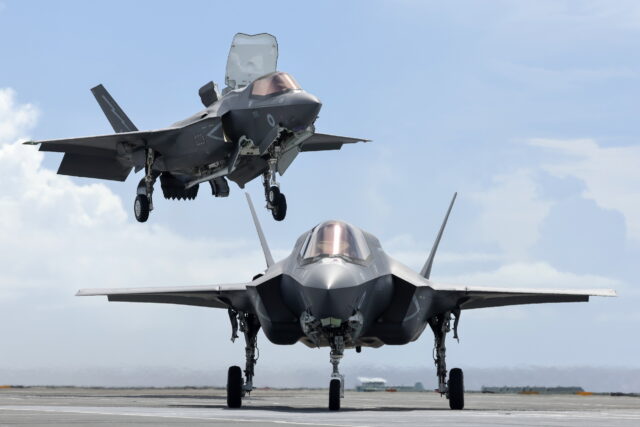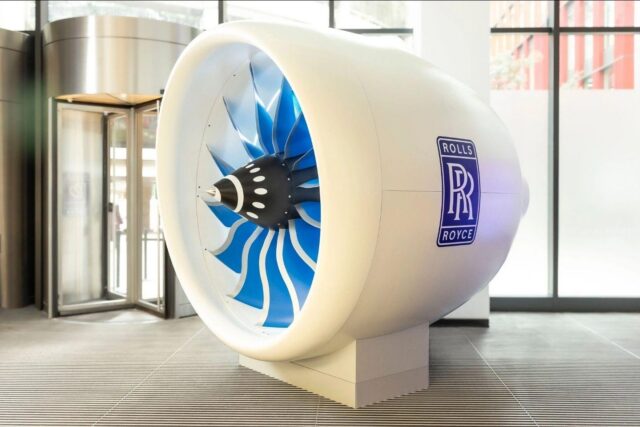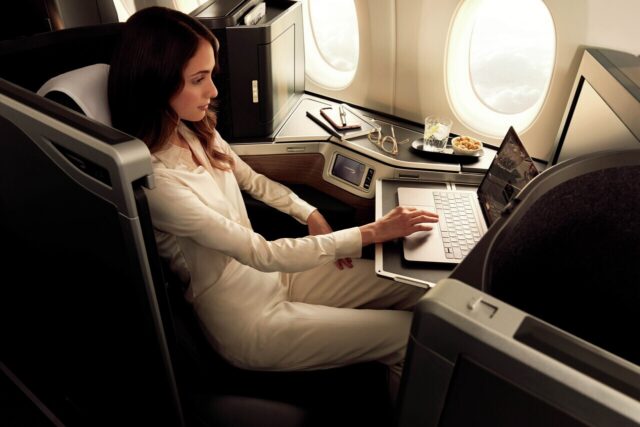Stressed skies: 40% of airline pilots drink at risky levels but hide mental health symptoms

June 4, 2025

A new study on the psychological well-being of airline pilots has found that almost half demonstrated patterns of alcohol misuse.
Published in Frontiers in Public Health, the research was based on an anonymous survey of 1,220 pilots affiliated with the French National Union of Airline Pilots (SNPL), conducted in 2022.
The research found that 40.1% of pilots admitted to unhealthy drinking habits, while 25.4% exhibited symptoms of anxiety. Depressive symptoms were present in 13.1% of participants.
It’s the first large-scale examination of mental health among European airline pilots and underscores the urgent need for action.
Four in ten pilots misuse alcohol
Given the safety-focused nature of their profession, the finding that 40.1% of pilots showed patterns of alcohol misuse is striking.
Misuse was identified using the Alcohol Use Disorders Identification Test-Concise (AUDIT-C), a widely used screening tool that considers three variables:
- Frequency of drinking
- Quantity of alcohol consumed
- Frequency of heavy drinking (six or more drinks)
Scores range from zero to 12, with a score of four or more considered positive for hazardous drinking behaviours.
While more than 40% of the responding pilots scored in the at-risk range for this assessment, that doesn’t mean they’re intoxicated while flying.
Indeed, EASA mandates an eight-hour separation between drinking and duty, and limits blood-alcohol levels to no more than 0.2%, stricter than many road traffic limits.

But the widespread misuse of alcohol among pilots can have safety implications. Even mild impairment can have an impact on a pilot’s decision-making ability and response times.
Alcohol can have delayed and expansive effects on individuals, often disrupting sleep even after the blood alcohol level has returned to zero.
The study emphasises that alcohol misuse may serve as a coping mechanism for stressed-out, tired or depressed pilots. This correlates with the finding of 25% of pilots with symptoms of anxiety, and 13% with depressive symptoms.
Given the anonymous nature of the survey, this research could reflect a more accurate picture of risk levels, compared to employer-monitored health screenings.
Are pilots still afraid to seek mental health support?
Despite efforts to normalise mental health issues in the pilot community, results from the study suggest there is still widespread underreporting.
In the survey, 28% of pilots said they would hide psychological issues from an aeromedical examiner. More than half (54%) said they would be willing to report such symptoms if they knew it would not lead to the loss of their medical certification or job.
In Europe, all new commercial pilots must undergo a psychological assessment before being granted their Class 1 medical certificate. EASA mandates that airlines implement pilot support programmes to provide confidential support.

Several airlines are making great strides in implementing peer support programmes, such as Lufthansa’s ‘Trust’ programme and Air France’s Pilote Solidaire.
However, there is still a significant stigma attached to mental health, and pilots are reluctant to speak up for fear of damage to their careers.
A separate study, published in Cureus, found that pilots did not trust the process meant to address mental health issues. The researchers concluded,
“Airline companies and the Federal Aviation Administration (FAA) need to change processes and instil a sense of trust in reporting systems among pilots so that they feel safe reporting mental health concerns and receive improved treatment. This can lead to more accurate reporting of conditions and ensure safe flight operations.”
















